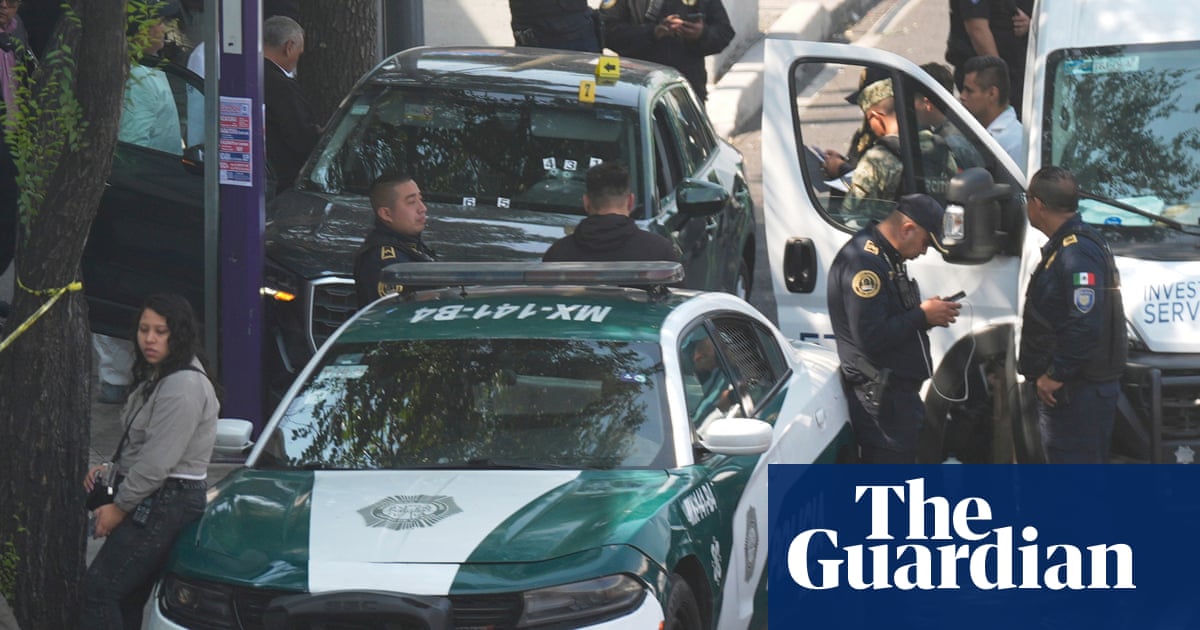The recent assassination of Ximena Guzmán, the personal secretary to Mexico City’s mayor, and adviser José Muñoz has sent shockwaves through the political landscape of Mexico. This brazen attack in broad daylight not only raises questions about security in the capital but also highlights the growing threat of organized crime against political figures.
Implications of the Attack
The murder is being described as a "direct attack" by Mayor Clara Brugada, indicating that the perpetrators may have targeted them specifically due to their political affiliations. This incident could signal a shift in the environment of political violence, particularly in a city that has generally been perceived as safer compared to other regions in Mexico.
Public Sentiment and Government Response
Statements from both Mayor Brugada and President Claudia Sheinbaum emphasize a commitment to justice, with Brugada asserting that those responsible will face consequences. Such rhetoric may aim to reassure the public and maintain confidence in the government’s ability to handle crime effectively. However, the historical context of violence against politicians in Mexico raises doubts about the actual ability to deliver on these promises.
Potential Distractions from Broader Issues
The focus on this incident may serve to divert public attention from other pressing matters. The government may be attempting to manage perceptions regarding its overall efficacy in combating organized crime, particularly in light of past failures. By highlighting a high-profile case, the administration could be seeking to reinforce its narrative of taking action against crime, despite systemic challenges.
Comparative Analysis with Other Incidents
This attack bears similarities to previous attempts on high-profile figures, such as the assassination attempt on police chief Omar García Harfuch. The recurrence of violence against government officials suggests an entrenched problem that may not be easily resolved. In contrast, the relative rarity of such incidents in the capital compared to other regions may underline a false sense of security that the government has maintained.
Socioeconomic and Political Ramifications
The incident could have broader implications for social stability and economic conditions in Mexico City. A perceived increase in violence could deter investment and tourism, impacting local businesses. Politically, this may lead to calls for stricter security measures and a reevaluation of the government's approach to crime and public safety.
Target Audience and Community Reactions
The article likely resonates with various community groups concerned about safety, governance, and political accountability. It may particularly engage those who feel vulnerable to the impacts of organized crime and seek reassurance from their leaders.
Market and Global Considerations
While the immediate impact on stock markets may be limited, sectors related to security, law enforcement, and public safety could see increased scrutiny and potential investment shifts. The news may influence perceptions of stability in Mexico, affecting foreign investment decisions.
Geopolitical Context
Although this incident primarily impacts national discussions, it reflects broader issues of governance and security that resonate globally. The ongoing challenges faced by Mexico in curbing organized crime may draw international attention, particularly in discussions about human rights and the rule of law.
Given the nature of the incident and its implications, the report appears credible, reflecting a serious concern regarding political violence in Mexico. However, the framing may also serve specific political narratives and agendas. The language used by officials emphasizes a commitment to justice but may also be seen as an attempt to placate public fear and maintain political stability.
